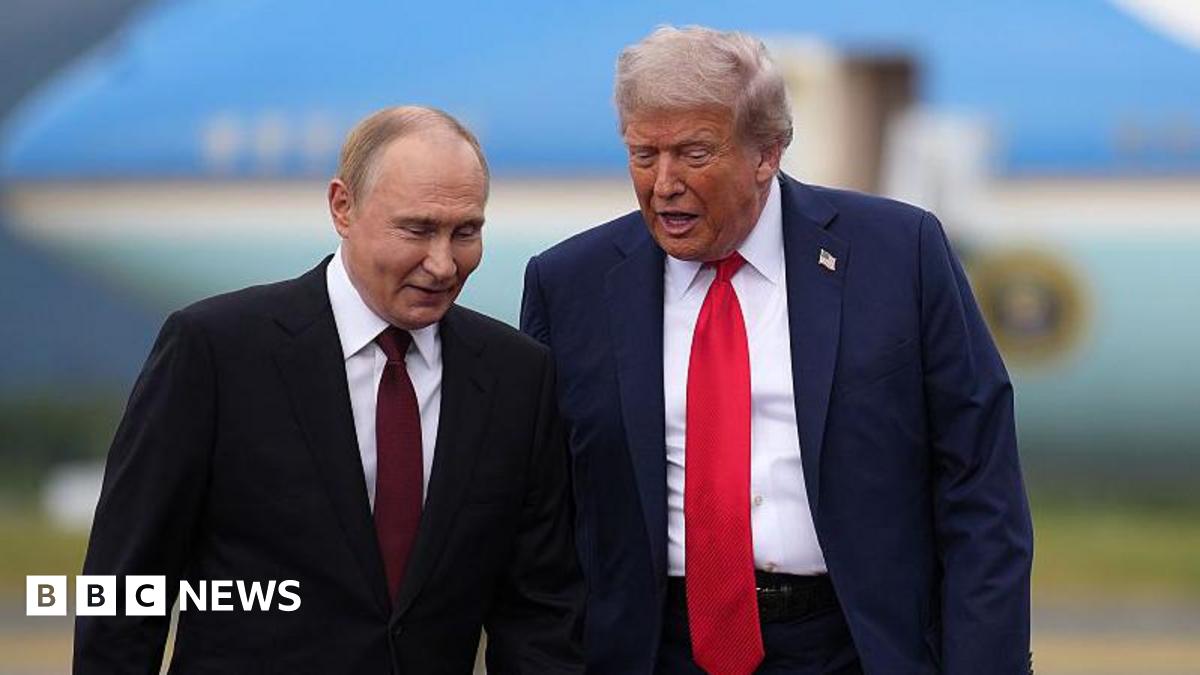Putin faced a “rough situation” if that were the case, Trump added, without offering any details.
The Russian president on Monday told Trump he was “open” to the idea of direct talks with Ukraine, but the next day Foreign Minister Sergei Lavrov watered down that already vague commitment.
Any meeting would have to be prepared “gradually… starting with the expert level and thereafter going through all the required steps”, he said, repeating a frequent Kremlin line.
Dmitry Polyanskiy, a Russian deputy representative to the UN, told the BBC “nobody [had] rejected” the opportunity for direct talks, “but it shouldn’t be a meeting for the sake of a meeting”.
On Tuesday, it was reported that Putin had suggested to Trump that Zelensky could travel to Moscow for talks, something Ukraine was never likely to accept.
The proposal may have been Russia’s way of putting forward an option so far-fetched Kyiv could not possibly have agreed to it.
Talks over the last few days appear to have given Trump a renewed understanding of the complexities of the war and the gulf between Moscow’s demands and Kyiv’s position.
The much-vaunted ceasefire he said he could get Putin to agree to has not materialised – and now the US president has said Ukraine and Russia should move directly to a permanent peace deal instead – but some headway was made in terms of security guarantees for Ukraine.
Zelensky and European leaders seem to have convinced Trump that such commitments would be paramount to Kyiv’s sovereignty in the event of a peace deal.
